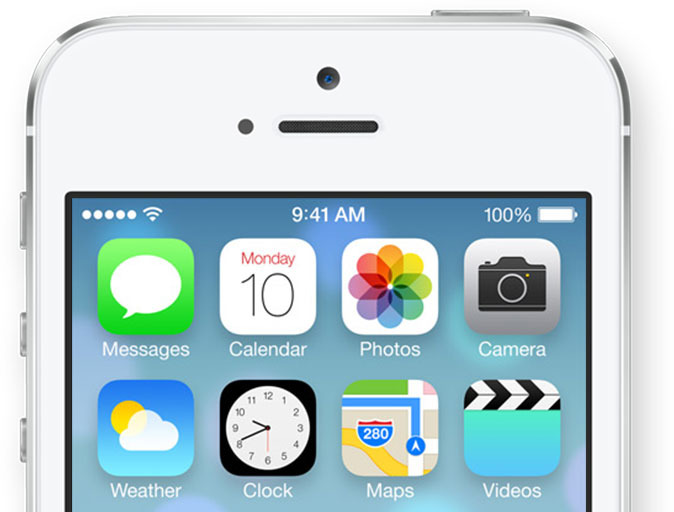Ordering Apple to unlock an iPhone's data against its will is akin to ordering a drug company to supply drugs for a lethal injection, a judge commented in the ongoing dispute over a Justice Department request.
Magistrate Judge James Orenstein used the analogy on Monday in explaining why he might not have the authority to force Apple to help with a specific iPhone, which is tied to a secret case also involving the FBI and the DEA, the BBC reported. "What you're asking [Apple] to do is do work for you," Orenstein told Justice Department lawyer Saritha Komatireddy.
Komatireddy called the analogy "somewhat inflammatory," leading Orenstein to reply that it was "purposefully so."
The judge is inviting both sides to submit further letters by Wednesday in response to questions raised.
Last week Apple expressed reluctance about fulfilling the unlock request, even though the device is based on iOS 7 and therefore partly vulnerable to Apple intrusion. iOS 8 and 9 use full-disk encryption that Apple claims even it can't break.
On Monday Komatireddy challenged Apple on the matter, noting that the company "has been doing this for years without any objection." Orenstein put the issue to Apple lawyer Marc Zwillinger, who in turn suggested the company is more worried about customer data in view of high-profile hacks.
"Right now, Apple is aware that customer data is under siege from a variety of different directions," Zwillinger added.
Apple has made privacy a recurring theme in its marketing since 2013, when leaks by NSA whistleblower Edward Snowden helped expose mass surveillance programs and the general vulnerability of Internet and device security. Apple is believed to have been a target of the NSA, though the company has denied cooperating.
More recently Apple and other technology companies have been pressured to create "backdoors" for American law enforcement. CEO Tim Cook has taken an active stance against that concept, which critics have argued would not only simplify mass surveillance but render systems more susceptible to hacking.
 Roger Fingas
Roger Fingas








 Thomas Sibilly
Thomas Sibilly
 Wesley Hilliard
Wesley Hilliard
 Marko Zivkovic
Marko Zivkovic

 Malcolm Owen
Malcolm Owen

 Amber Neely
Amber Neely
-xl-m.jpg)









63 Comments
"...the company 'has been doing this for years without any objection.' " Drives me nuts when my lawyer friends slam me for slippery slope arguments, yet they resort to them without abandon (although it's a somewhat reverse slope used above). I believe politicians are the only entities who are required, seemingly by law, to never change their stance on any position taken in their first 365 days of office.
okay that is an interesting way of looking at it. I have said this before, it like the police knowing someone hid something in the woods but have no idea where and they lack the tools to find it and they can not force the criminal to tell them where it is at. In this case the got the prize in their had so they do not need to find it but lack the tool to open the prize
privacy is a disease technology is the cure
okay that is an interesting way of looking at it.
I have said this before, it like the police knowing someone hid something in the woods but have no idea where and they lack the tools to find it and they can not force the criminal to tell them where it is at. In this case the got the prize in their had so they do not need to find it but lack the tool to open the prize
Well, in a trial, evidence that's not supposed to be known by the jury, poisons the well, it can lead to a mistrial. So, I can see how that analogy would go.
Analog cellular phones conversations were unencrypted. With the more to digital, conversations became encrypted. It has been that way for years. Were is the outrage the digital cell phone conversation are now encrypted?